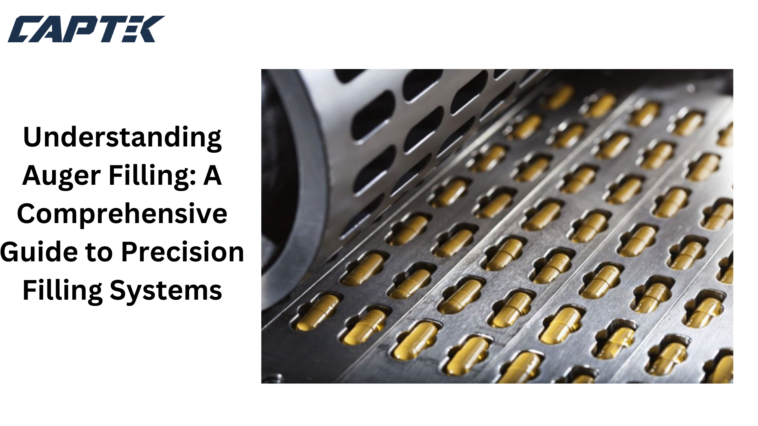Introduction to Granulating in Pharmaceutical Processes
In the world of pharmaceutical manufacturing, granulating plays a pivotal role. It’s a process that transforms powders into granules, which are easier to handle and more suitable for tablet or capsule production. This method not only enhances the flow properties of the powder but also improves the compaction characteristics, making it a fundamental part of the manufacturing process for many medications. In this blog, we will explore what granulating entails, its types, and the benefits it brings to pharmaceutical production.
What is Granulating?
Granulating is the process of converting small, loose powders into larger, more stable granules. This step is crucial in pharmaceutical manufacturing as it ensures uniformity in particle size, which leads to consistency in the final product. Whether it’s tablets, capsules, or other oral forms, this process is essential for ensuring that each dose contains the correct amount of the active pharmaceutical ingredient (API).
In a typical granulating process, the powders are moistened with a liquid binder and then mixed until the desired consistency is achieved. Once the granules are formed, they are dried to remove excess moisture and make them more durable. The final granules have improved flow characteristics, which allow for smoother manufacturing processes, from mixing and compression to final packaging.
Types of Granulation
There are two main types of granulating processes used in the pharmaceutical industry: wet granulation and dry granulation.
1. Wet Granulation
Wet granulation is the most commonly used method. In this process, a liquid binder is added to the powder mixture to form a cohesive mass. The mixture is then passed through a screen or granulator to form granules. This method is preferred when the active ingredient or excipients in the formulation are sensitive to heat or when precise particle size control is required. However, the presence of moisture in the process can lead to complications with certain sensitive ingredients.
2. Dry Granulation
Dry granulation, on the other hand, involves compacting the powder mixture without the use of liquid binders. This method is often used when the powder is moisture-sensitive or when the formulation does not allow for wetting agents. The dry granulating process is more suitable for materials that do not require a binder for cohesiveness. It is less time-consuming and is generally simpler to implement, making it an efficient choice for many manufacturers.
The Benefits of Granulating in Pharmaceutical Manufacturing
The benefits of granulating extend beyond just improved handling of powders. Below are some of the key advantages this process offers to pharmaceutical manufacturers:
1. Improved Flowability
One of the most significant benefits of granulating is the improved flow properties of the material. Powders, especially fine ones, can be difficult to handle as they tend to clump together or form dust clouds. Granules, on the other hand, flow smoothly through machinery, reducing the likelihood of blockages or inconsistencies during the manufacturing process.
2. Enhanced Uniformity and Stability
Granulating ensures that the particles in the formulation are uniform in size, which helps to distribute the active ingredient evenly throughout the batch. This results in consistent doses of medication in each tablet or capsule. Additionally, granules are less prone to segregation than powders, ensuring that the mixture remains stable throughout production.
3. Better Compressibility
For tablet manufacturing, compressibility is key. Granulating improves the compressibility of powders, making it easier to form tablets that are strong and durable. This also reduces the risk of tablets breaking apart during packaging or shipping.
4. Improved Dissolution Rates
Granules tend to have better dissolution properties compared to powders. This is especially important for medications that need to dissolve quickly in the body to be effective. By granulating the ingredients, manufacturers can ensure that the medication releases the active ingredients at the desired rate, improving its efficacy.
Captek’s Commitment to High-Quality Granulation
At Captek, we understand the critical role that granulating plays in pharmaceutical manufacturing. As a leading provider of high-quality granulation services, our team ensures that every batch of medication we produce meets the highest standards of quality and consistency. Our advanced technologies and expertise allow us to customize the granulating process to suit the specific needs of each product, ensuring optimal performance and safety.
In conclusion, granulating is an essential process in pharmaceutical manufacturing that improves flowability, uniformity, and compressibility of powders. By leveraging the power of this process, manufacturers can produce high-quality, consistent medications that meet the needs of patients and healthcare providers alike. For businesses seeking excellence in pharmaceutical production, Captek is your trusted partner, providing industry-leading solutions for all your granulation needs.
This post was created with our nice and easy submission form. Create your post!





